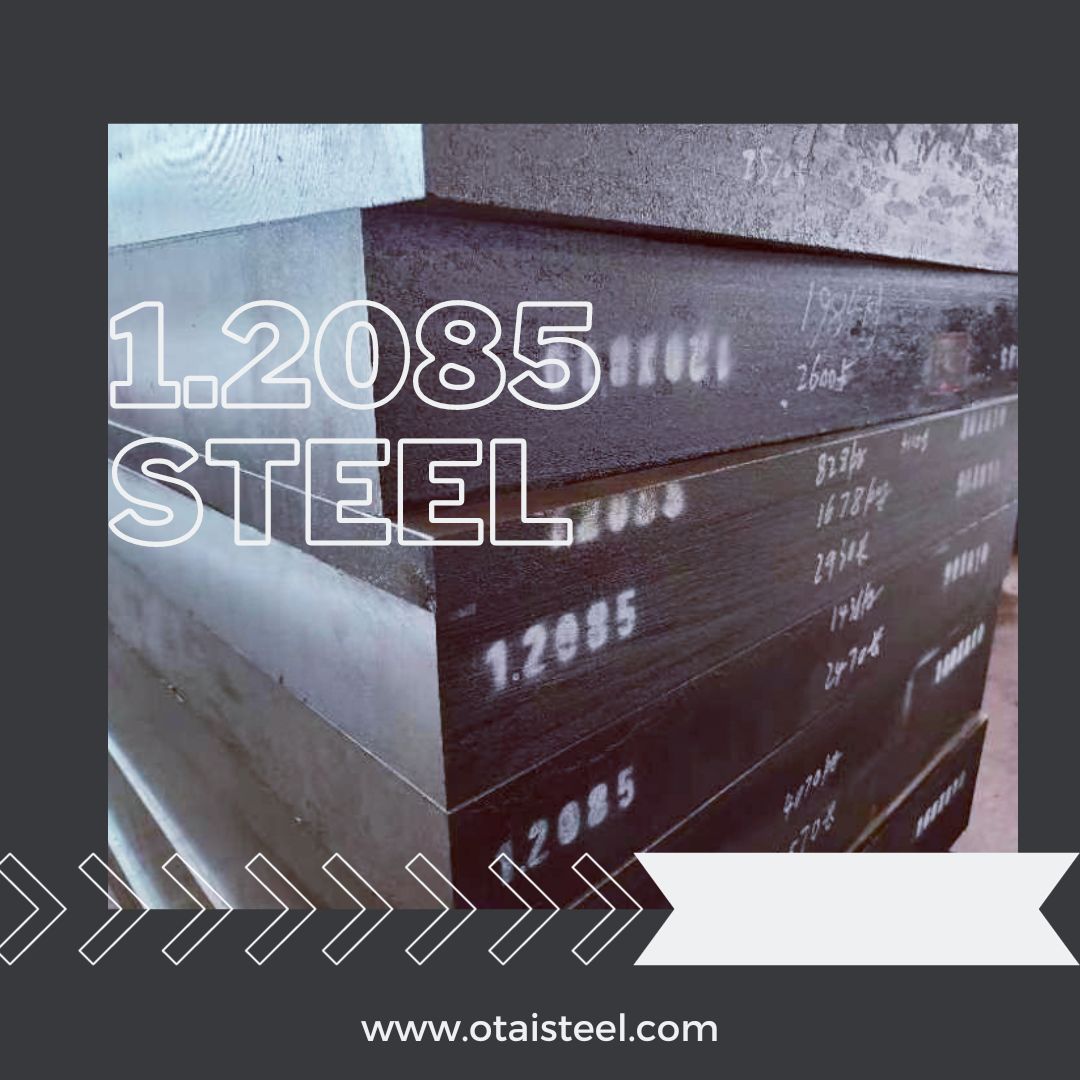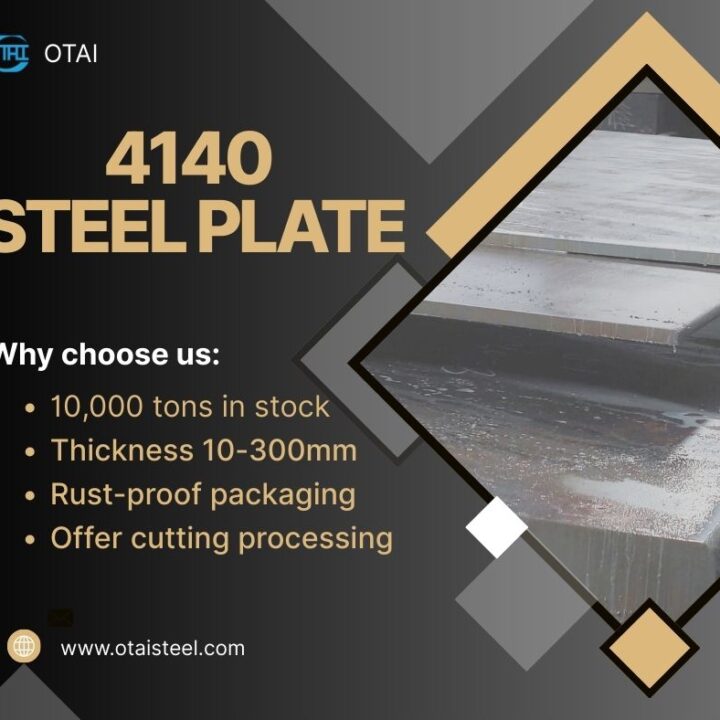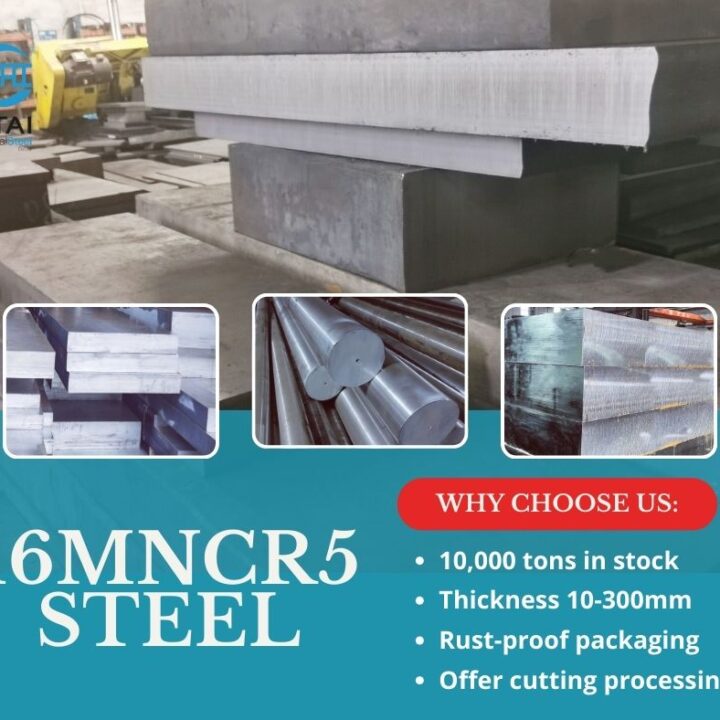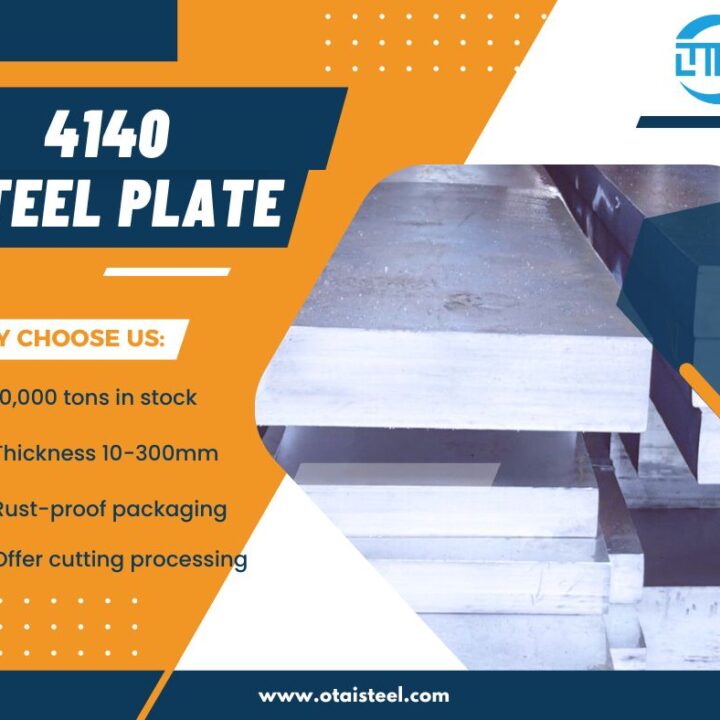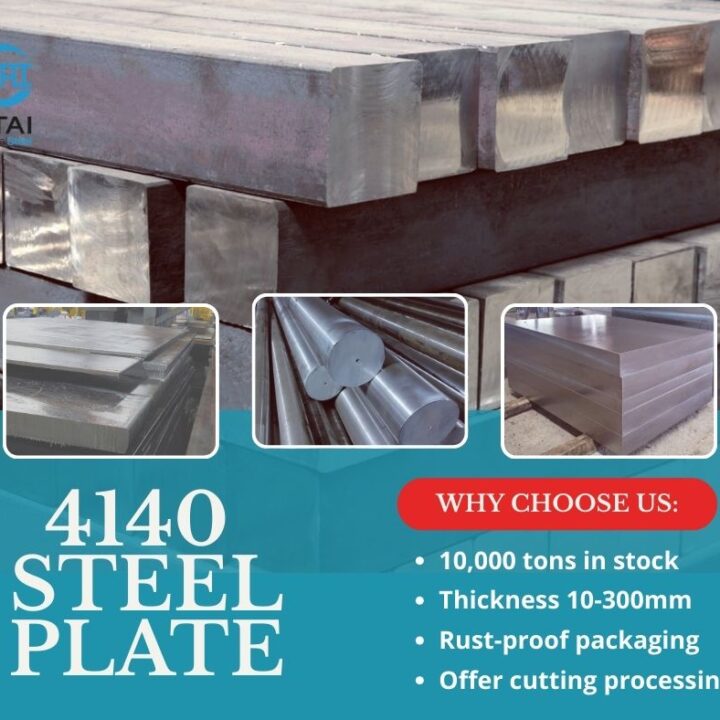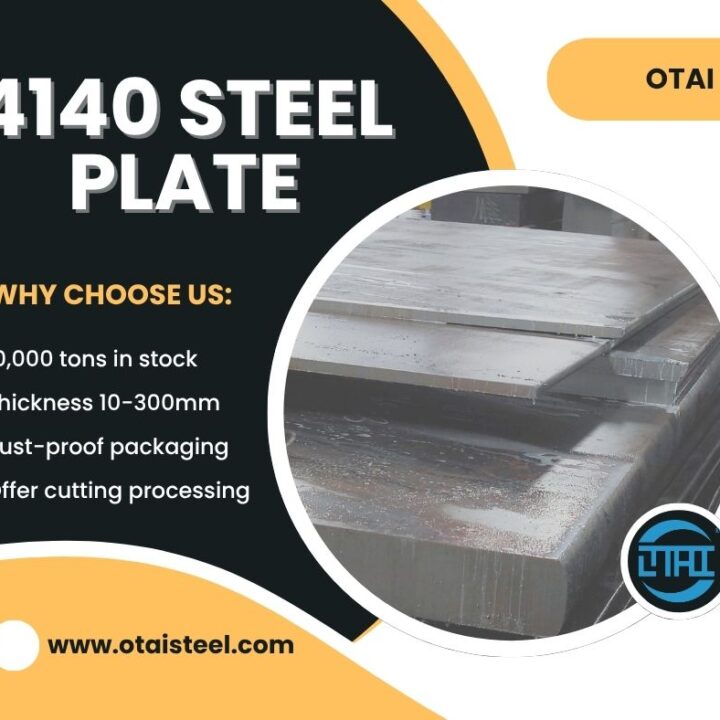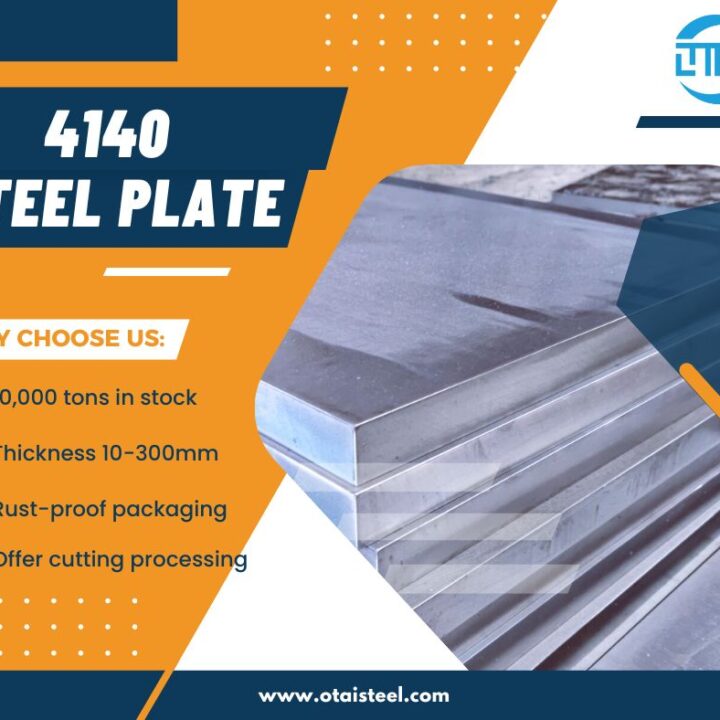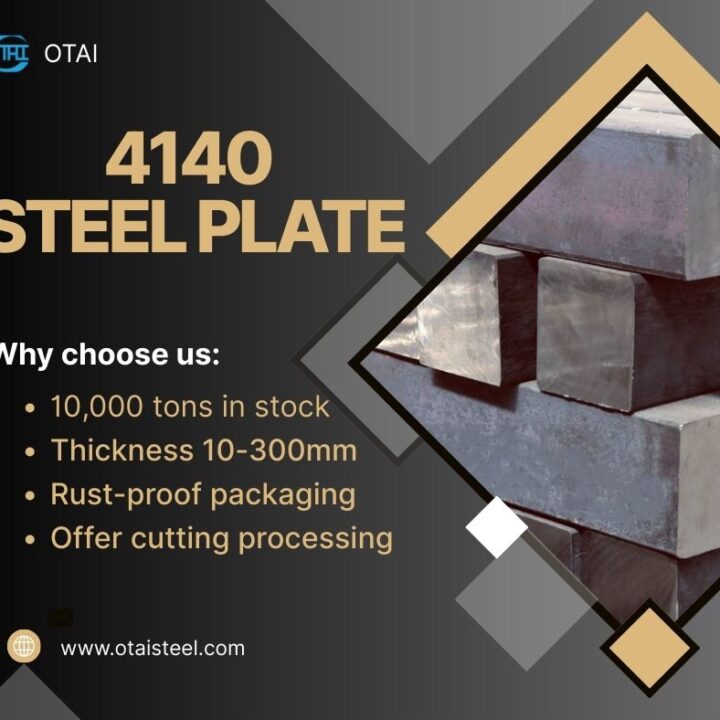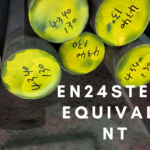Mold steel 1.2085, also known as 2085 steel, is a high-carbon and chromium alloy steel with unique properties that make it highly sought after in the field of mold making.
Composition and Chemical Properties
The chemical composition of 1.2085 steel plays a crucial role in its performance. It typically includes:
- Carbon (C): Approximately 0.55-0.65%
- Chromium (Cr): Around 12.50-13.50%
- Manganese (Mn): Usually less than 0.50%
- Silicon (Si): Generally less than 0.50%
This composition gives the steel its remarkable qualities, making it a top choice for molds.
Mechanical Properties
- Hardness: After proper heat treatment, 1.2085 steel reaches a hardness level of HRC 55-59, which is vital for its durability.
- Toughness: This steel offers a balance of hardness and toughness, ensuring that it can withstand the demands of mold-making applications.
- Wear Resistance: The high chromium content enhances its wear resistance, ensuring a longer lifespan for mold components.
- Corrosion Resistance: The presence of chromium provides a layer of corrosion resistance, protecting it from rust and environmental factors.
Heat Treatment
To maximize the potential of 1.2085 steel, it is essential to subject it to heat treatment processes such as quenching and tempering. These processes are critical in achieving the desired hardness and toughness.
Applications of Mold Steel 1.2085
- Injection Molding: The durability of this steel makes it a prime choice for injection molds used in plastic and rubber molding.
- Die Casting: In die casting, where high pressure and temperature are common, 1.2085 steel proves its mettle.
- Cutting Tools: This steel is ideal for the production of cutting tools due to its wear resistance and hardness.
Advantages of Using 1.2085 Steel in Mold Making
- Longevity: Mold components made from 1.2085 steel have a prolonged lifespan due to their wear resistance.
- Versatility: The balance of hardness and toughness allows for a wide range of mold-making applications.
- Corrosion Resistance: The inherent corrosion resistance ensures that the mold remains functional over time.
Mold steel 1.2085 is an exceptional material for mold making, thanks to its remarkable hardness, toughness, wear resistance, and corrosion resistance. Properly heat-treated, this steel outperforms many other materials, making it a preferred choice for mold manufacturers.
